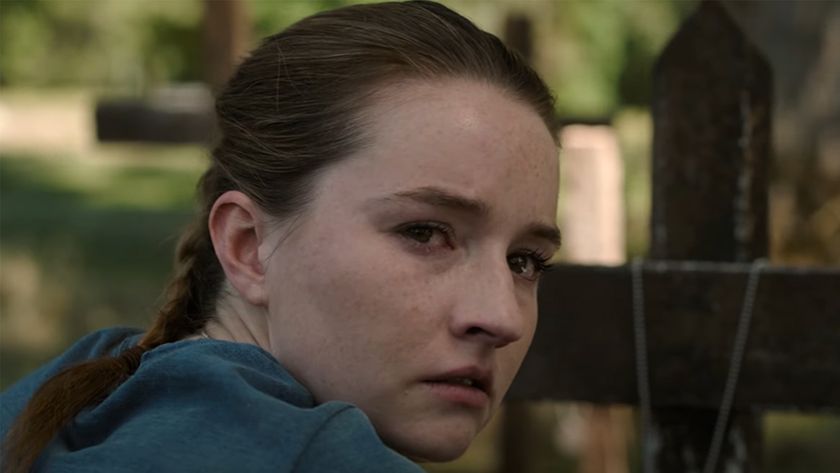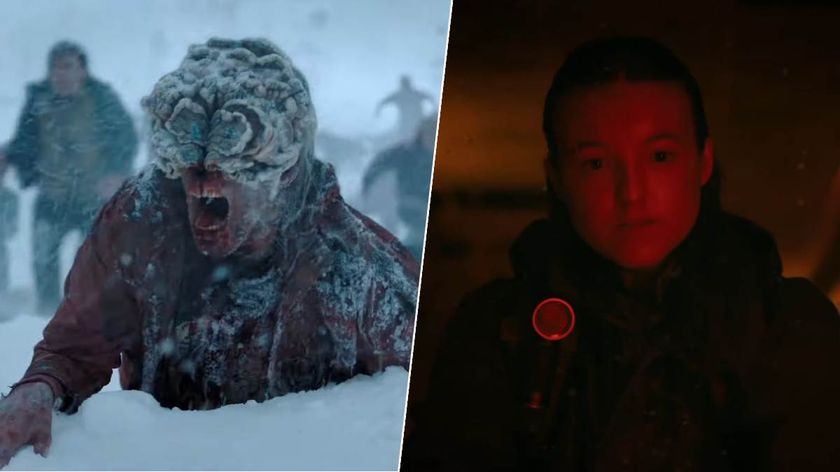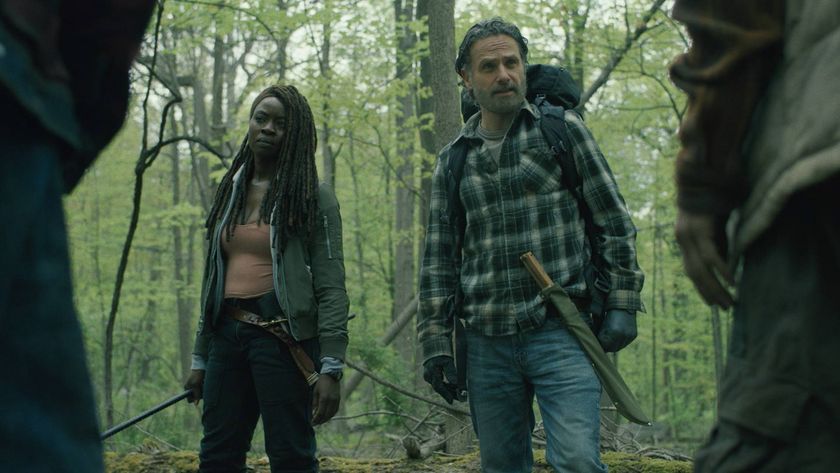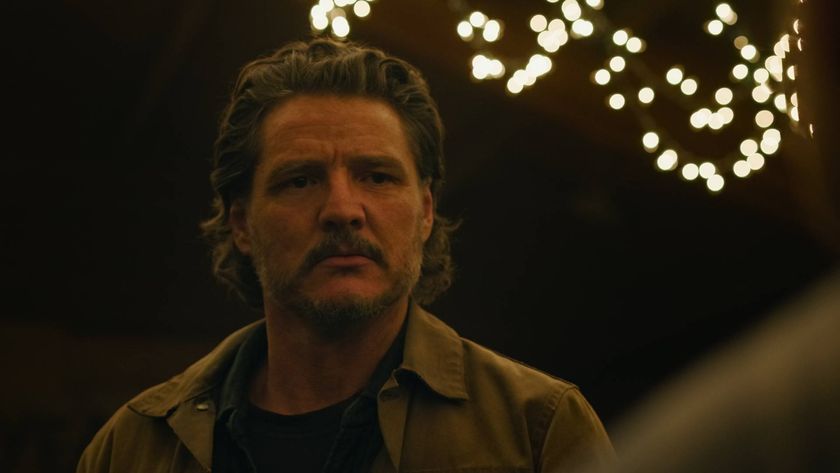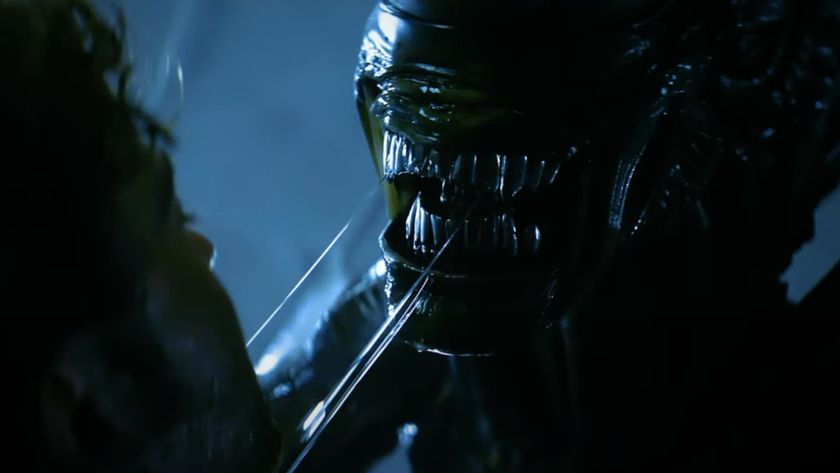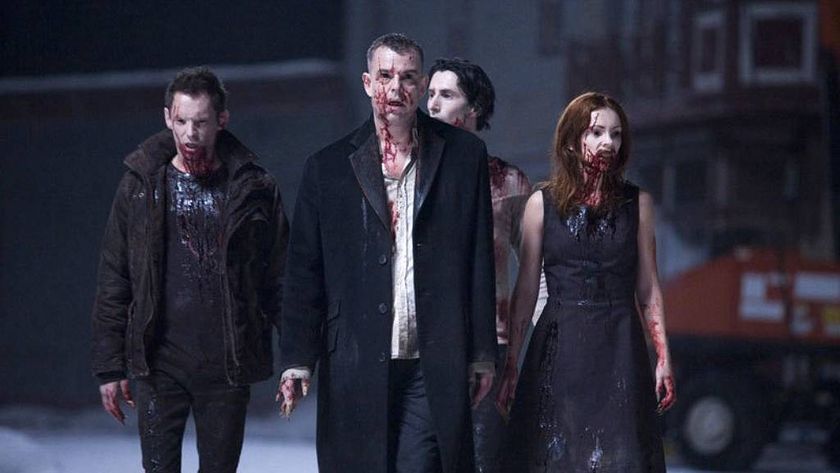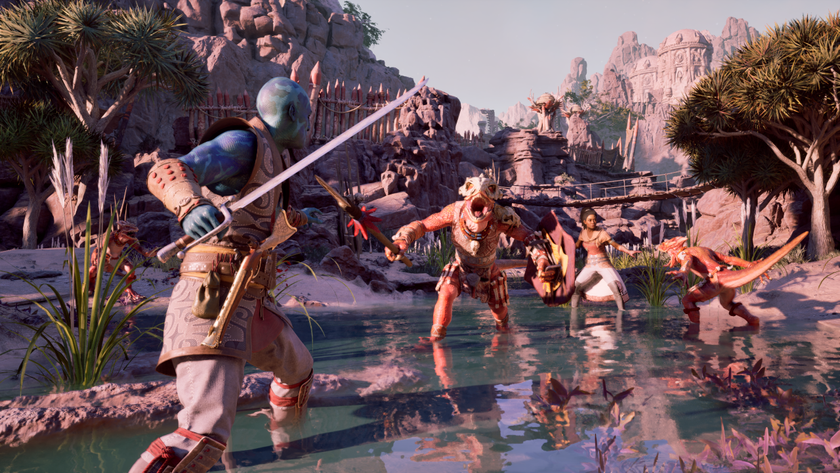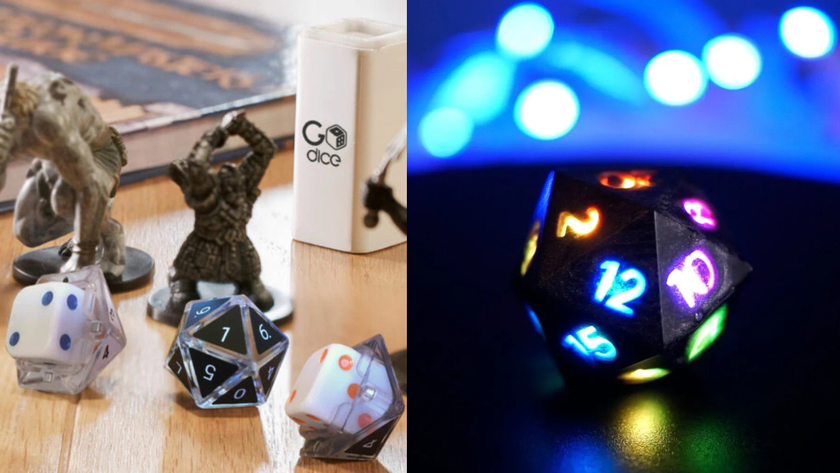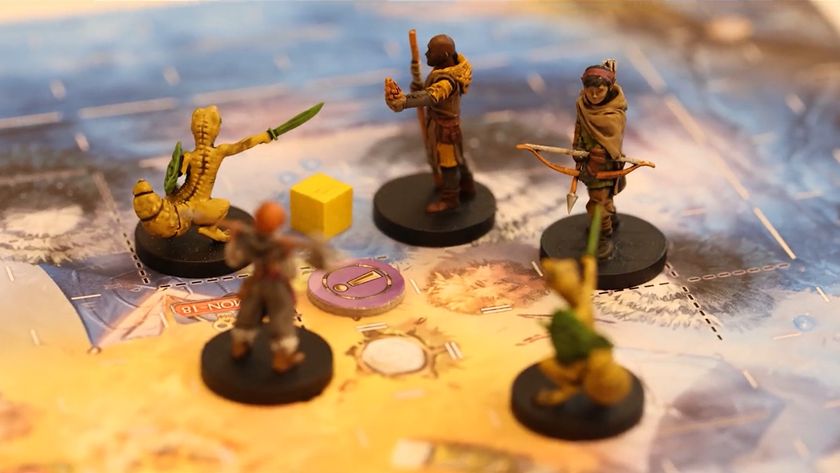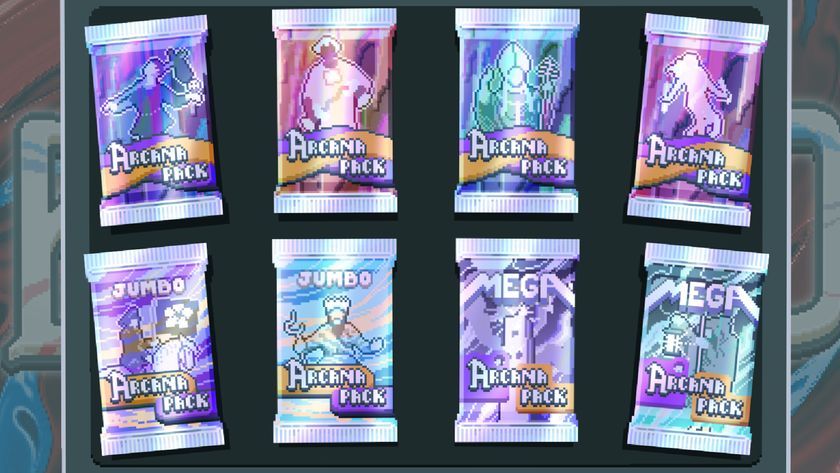If you’re getting Stranger Things withdrawal symptoms, you should watch Twin Peaks
Love Stranger Things? Let us recommend you a damn fine show
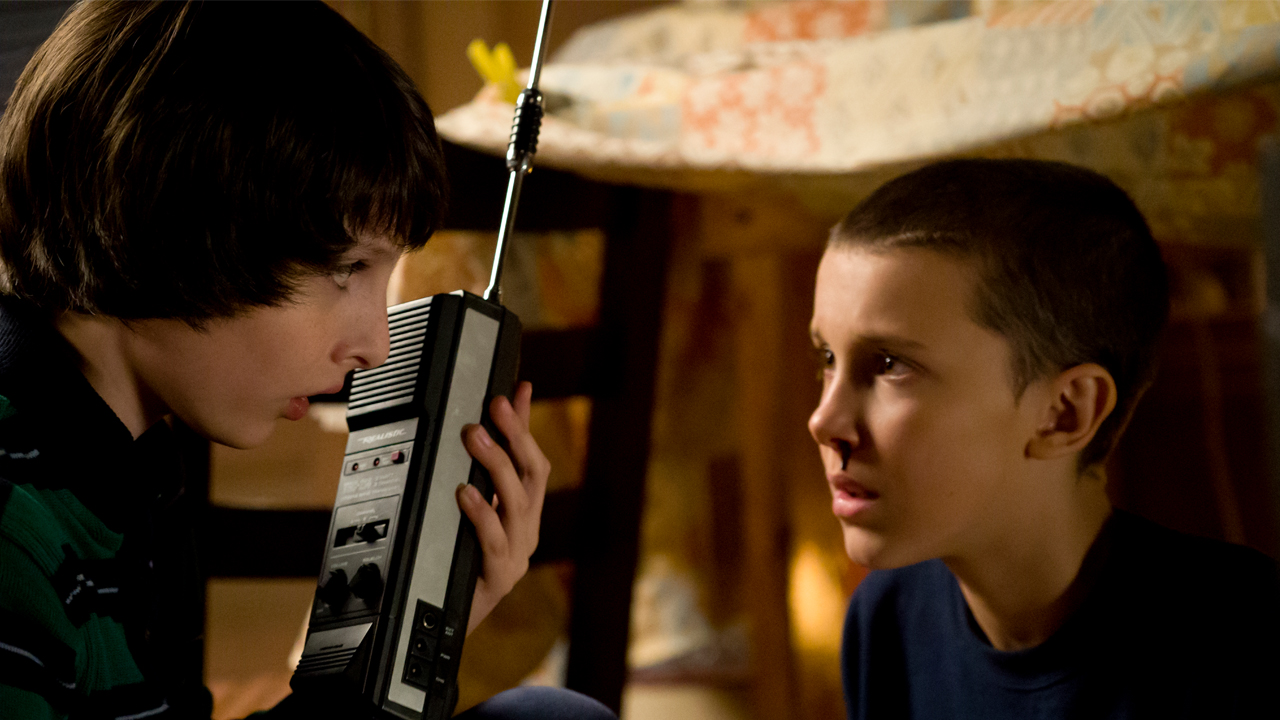
If you’re getting impatient for Stranger Things season 3, there’s a programme you might have overlooked. It has two whole seasons already on Netflix in the USA and it’s been out for so long it can be picked up comparatively cheaply on Amazon. If that wasn’t enough, it’s been renewed 25 years later for season 3. The name of this show? Twin Peaks.
Twin Peaks a respectable town - that is, until the body of local teen Laura Palmer is found. The town’s veneer of respectability shatters as its residents’ unsettling double lives slowly come to light, as most of their dodgy liaisons are affected in some way or another by Laura’s death. The show veers between light-hearted comedy and a downright disturbing tone, which would be expected considering its occult undertones and the are enigmatic dream sequences where people talk backwards. Yet Twin Peaks is also a parody of soap-operas with occasionally bizarre, often melodramatic characters, although its specific brand of peculiarity is perfectly palatable (and that’s coming from someone who gets easily irritated by eccentric characters).
So, why am I recommending you switch on Twin Peaks as a way to sate your thirst for Stranger Things? The shows echo each other in more ways than one, sharing a fascination with the supernatural, a healthy suspicion of the government, and they’re both inspired by the '80s. Read on for six reasons why you’re sure to love Twin Peaks just as much as Eleven loves her Eggos.
Warning: I’ll be dropping major spoilers for Stranger Things and minor ones for Twin Peaks.
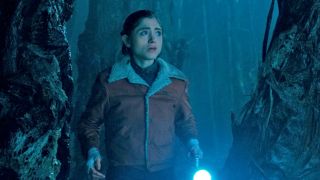
1. Other dimensions lurk in the shadows
Both shows have alternate dimensions which err on the side of enigma, yet feel as if you can almost understand them, as the solution to figuring out the dimensions seems so simple yet is always out of reach. The Upside Down is an unnervingly familiar version of Hawkins, bathed in a dim grey light and gripped with black tendrils as if something Lovecraftian is pulling itself out of the atmosphere (which it might be for all we know). It’s mirror-image appearance means that you constantly feel like there must be a reason why it looks the same as Hawkins, that there must be a motive behind the black organism spreading within it. You’ll get the same feeling that you’re almost able to understand Twin Peak’s alternate dimension, the Red Room. Rather than being an echo of the town it’s a refined yet hellish waiting room which wouldn’t look out of place in an upscale hotel, so with such precise design it initially looks like the main character, FBI Agent Cooper, won’t experience anything out of the ordinary. But what’s tantalising about the Red Room is that its inhabitants’ are just as inscrutable as the Demogorgon; they talk backwards to Cooper during his visions of the alternate realm, albeit in enigmatic riddles.
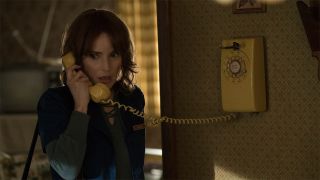
2. The suburbs aren’t safe anymore
The Demogorgon stalks its prey and in Twin Peaks an otherworldly entity (which I won’t name for fear of spoilers) does exactly the same. As if this wasn’t scary enough both creatures voyage into the suburbs, tainting them with menace. A pervasive sensation of uncertainty characterises both Twin Peaks and Stranger Things as the home is usually the one place you can feel safe and reassured, but as soon as it’s violated by supernatural monsters the characters begin to act erratically. Even mundane suburban props develop some unnerving qualities: just like in Stranger Things when the flickering lights become an indicator of the Upside Down leaking into Hawkins, in Twin Peaks owls, necklaces, and various other seemingly random objects become imbued with significance.
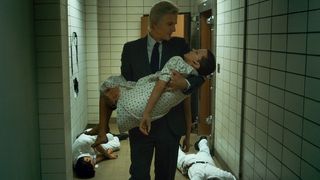
3. The government has a penchant for the supernatural
Like a greedy child in a sweet shop, when faced with a whiff of the supernatural the government just can’t keep their hands off of it. Dr Brenner swoops in to use Eleven to spy on the Russians, and sure enough, the FBI and the military have a sizeable amount of interest in Twin Peaks’ alternate dimensions. Although it’s not manifested in shady vans prowling around the street and fake electricians knocking on doors, there are a few government-affiliated characters who have more knowledge about the other dimensions than they let on. Just like in Stranger Things it’s ambiguous whether the government’s intentions are good or bad but there’s the same idea that they’re definitely messing with forces that they don’t understand, as well as the fact that they’re keeping what they know strictly under wraps. If Hopper were in Twin Peaks, I’m sure he’d have something to say about that.
Sign up to the SFX Newsletter
Get sneak previews, exclusive competitions and details of special events each month!
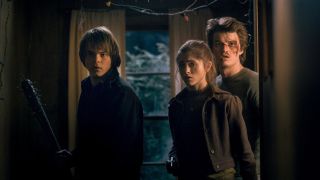
4. Relationships get a little fraught
Supernatural, bloodthirsty envoys are only half the problem as the relationships between neighbours and families become strained in both shows. You’ll find yourself becoming suspicious about how much characters actually know about the odd events going on in the town and how far they’re using them to their own advantage. The speculation surrounding Laura’s murder is just as volatile as the fallout from Will’s disappearance, as once it becomes clear that her life wasn’t as innocent as it seemed people decide to take the investigation into their own hands. Just like how Dustin, Mike, and Lucas tried to find out what happened to Will for themselves (and Nancy’s hunt for Barb), Laura’s friends try to uncover the truth for themselves but have a hard time trusting each other as they uncover more clues. Both Twin Peaks and Stranger Things show that seeing how people react to the unusual is just as fascinating as the uncanny beings who loiter in the towns.
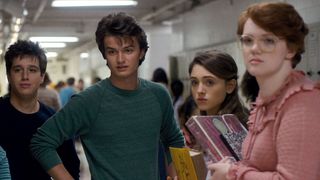
5. Think you know what’s coming? Think again
Many a time during my viewings of Stranger Things I thought to myself 'I know how this goes. I’ve seen this all before'. Oh boy, was I wrong. Steve wasn’t the class-A prat I thought he’d be: he didn’t ditch Nancy as soon as they had spent the night together, and he actually apologised for his actions. Twin Peaks loves setting up these assumptions too, except they do them in a semi-melodramatic fashion just to make sure we know they know they’re tropes. So there’s a dark side to the town’s prom queen Laura Palmer, and the characters who seem to be eccentric (and that’s putting it mildly) are actually lucid. Twin Peaks twists these predictable revelations about character development a lot further than expected, refining Laura’s dark past into seriously disturbing liaisons as well as turning the seedy underbelly of Twin Peaks from being a cheap shock factor into a threatening, dangerous presence. In the end both shows push viewers towards reconsidering why they made assumptions about characters and forces them to recognise that these people are anything but typical, and any eccentricity in their behaviour is a result of their deep insecurities.
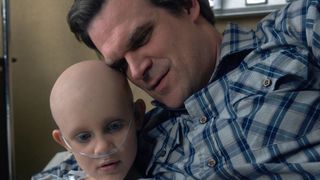
6. You’ll be left with questions. Lots of questions
Twin Peaks' ending at first appears to be semi-clear, but like Stranger Things, it’ll still leave you with a ton of questions. Some of them will be answered by watching the film Twin Peaks: Fire Walk With Me or reading The Secret History of Twin Peaks, but others can be discussed online in staggering depth with the other fans who haven’t stopped thinking about the plot since the show first aired in the '90s. I guarantee that rewatching the series will bring its own rewards as you’ll notice foreshadowing (not least in the delightfully melodramatic Invitation to Love, a soap opera occasionally seen playing on characters' TVs), hidden hints, and initially eccentric patterns of behaviour that actually reveal answers about Laura's murder.
While here at GamesRadar, Zoe was a features writer and video presenter for us. She's since flown the coop and gone on to work at Eurogamer where she's a video producer, and also runs her own Twitch and YouTube channels. She specialises in huge open-world games, true crime, and lore deep-dives.
